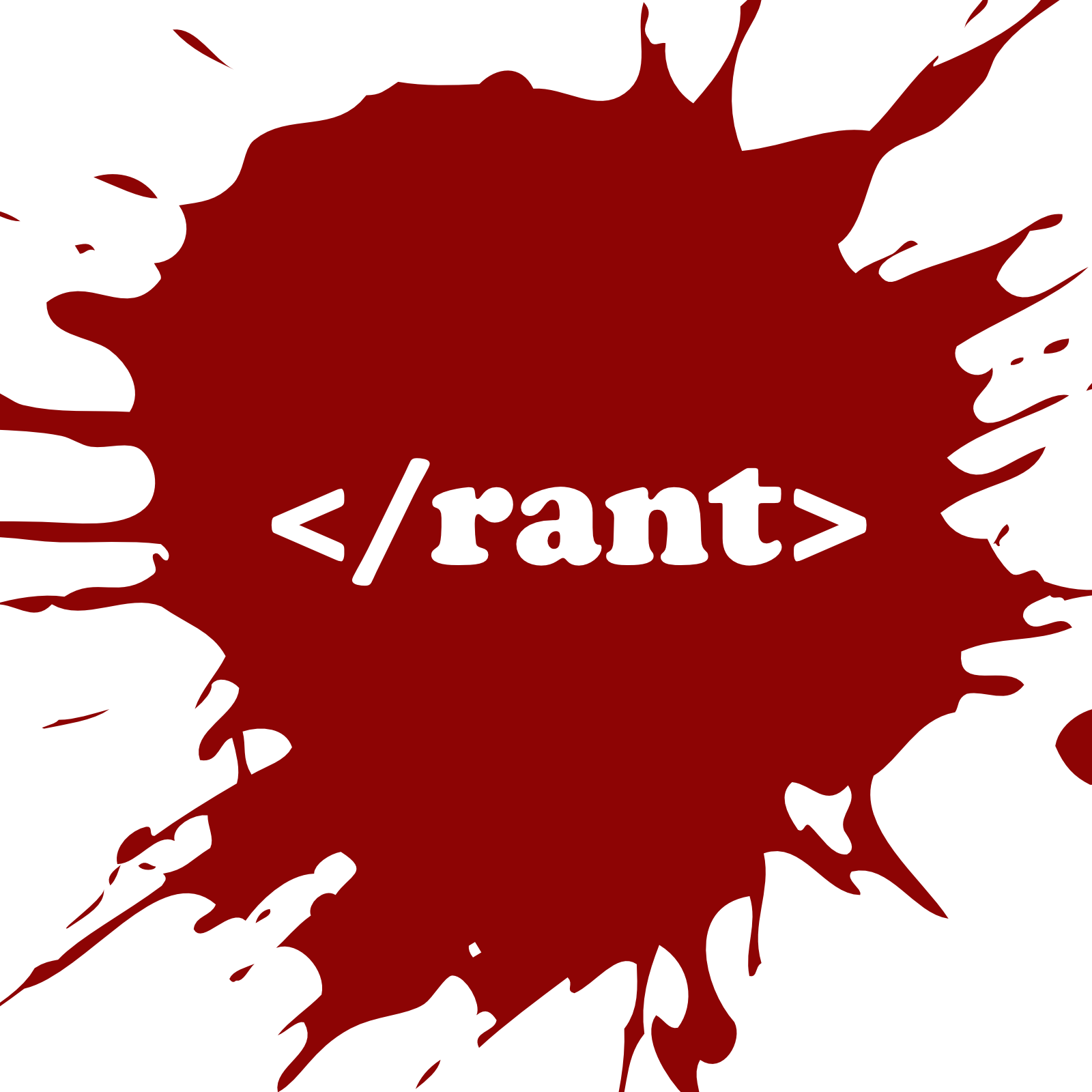The Emotional Rants of Ayesha’s Advocates

In this final chapter we will address the emotional rants that Ibn al Hashimi made before his Sunni readership, as a last ditch effort to gauge Sunni opinion against the Shia. These are:
First emotional rant – The title ‘Umahat ul Momineen’ renders one that disassociates from her to be an unbeliever
Second emotional rant – Our duties towards ‘Umahat ul Momineen’ are on par with those afforded to our natural mothers
Third emotional rant – No one tolerates criticism of their mothers
Fourth emotional rant – No one tolerates criticism of their wives
Fifth emotional rant – Insulting Ayesha is on par with insulting Rasulullah (s)
Sixth emotional rant – The Americans afford respect to their First Lady
Seventh emotional rant – Rasulullah (s) was sensitive to criticism of his wives
Eighth emotional rant – Husbands are duty bound to hide the faults of their wives
Ninth emotional rant – Husbands are commanded to love their wives
Tenth emotional rant – The Quran and Sunnah infer that Ayesha the spouse of Rasulullah (s) excelled in character and faith
Whilst his materials are splattered with such emotive arguments we have tried to bring them together for this chapter. Let us discuss these in detail.
First emotional rant – The title ‘Umahat ul Momineen’ renders one that disassociates from her to be an unbeliever
Ibn al Hashimi emotionally argues:
The Quran bestows the title of “Mother of the Believers” (Umm Al Mumineen) to Aisha (رضّى الله عنها), Hafsa (رضّى الله عنها), and the rest of the Prophet’s wives:
“The Prophet is closer to the believers than their ownselves, and his wives are their mothers.” (Quran, 33:6)
Therefore, anyone who declares “baraa” (disassociation) from Aisha (رضّى الله عنها) and says that she is not his mother, such a person is not a believer.
Reply – The Shia disassociate themselves from the actions of Ayesha
We have already provided a lengthy discussion / analysis of the said verse in chapter 7, rather than go over the same points again we would urge our readers to refer back to that chapter.
If the Shia dissociate themselves from Ayesha they distance themselves from her actions. A mother she may indeed remain, but it does not in any way guarantee her being a mother that we are duty bound to adhere to, no matter what their conduct. Would a son have a duty to associate himself with a mother that has partaken in the type of offences that we cited from the new links in earlier? If a mother for example turns her back on the Deen, commits criminal acts, the natural reaction of her son would be to disassociate himself from his mother. He is not in anyway denying that she is his mother, her conduct has been of a type that he no longer wishes to associate himself with her. If one keeps aloof from one’s mother, it does not mean that he denies she is his mother!
No comments:
Post a Comment